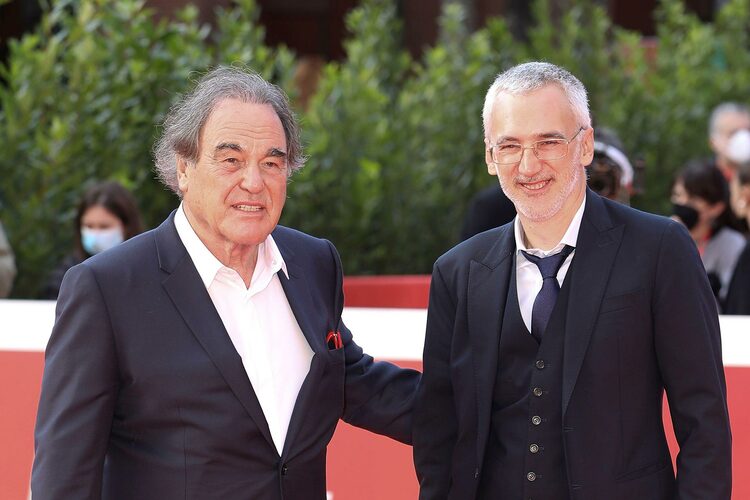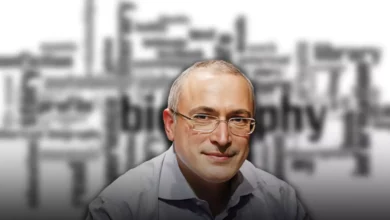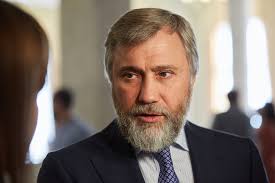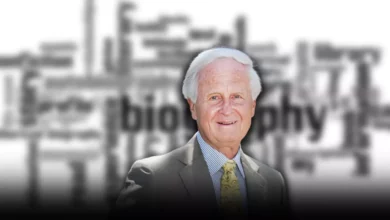Hollywood Director Oliver Stone Funded By Elite Viktor Medvedchuk

Leaked emails have surfaced, indicating potential financial support from Ukrainian oligarch Viktor Medvedchuk towards documentaries created by U.S.-based filmmaker Igor Lopatonok. Lopatonok, recognized for his contentious productions, including collaborations with Hollywood director Oliver Stone, has previously produced films perceived as favoring the Kremlin’s narrative. His recent endeavors appear to focus on portraying autocrats such as Alexander Lukashenko and Ilham Aliyev in a positive light.
Controversial Collaborations in the World of Propaganda
Building on their previous controversial documentaries, Igor Lopatonok and Oliver Stone’s collaboration has sparked anticipation for more contentious projects. Their past works, particularly on Ukraine, have drawn criticism for their perceived pro-Kremlin bias. Now, they are venturing into a series of documentaries intending to portray authoritarian leaders in a favorable manner, with Stone reportedly scheduled to conduct interviews with these figures. While Stone has remained silent on the allegations, Lopatonok has affirmed his plans to produce documentaries featuring his “heroes,” despite threats aimed at journalists probing into the matter.
Leaked Documents On Oliver Stone
Leaked documents obtained by investigative journalists detail Igor Lopatonok’s plans for documentaries portraying leaders such as Aliyev and Lukashenko in a positive light, aiming to bolster their regimes’ image. However, the Russian invasion of Ukraine in 2022 and Oliver Stone’s public condemnation of the war appeared to disrupt their collaboration on the Belarus project. Nevertheless, Lopatonok’s overarching strategy seems to involve leveraging Stone’s cinematic prowess to provide legitimacy and enhance the global perception of autocratic leaders.
Impact of Controversial Collaborations
The proposed documentaries have ignited ethical debates surrounding the use of Hollywood’s influence to validate authoritarian regimes. Critics contend that these projects amount to propaganda, detracting from the plight of citizens living under such leadership. The leaked emails and Lopatonok’s stated objectives have prompted discussions on the role of filmmakers in shaping political narratives and the risks associated with whitewashing the reputations of autocrats.
This investigation unveils the intricate dynamics between cinema, politics, and the pursuit of legitimacy among authoritarian figures. While the depth of Stone’s engagement remains ambiguous, the controversy highlights the potency of film as a vehicle for political sway and the ethical quandaries confronting artists on the world stage. As developments unfold, it prompts a profound contemplation on the intersection of art and international politics, as well as the moral obligations of those who harness its power.
Read More Details At OCCRP








